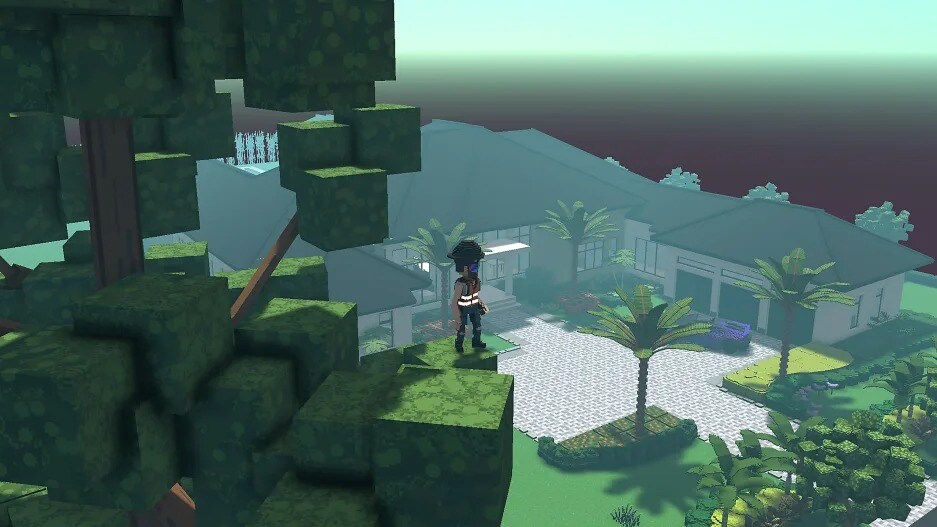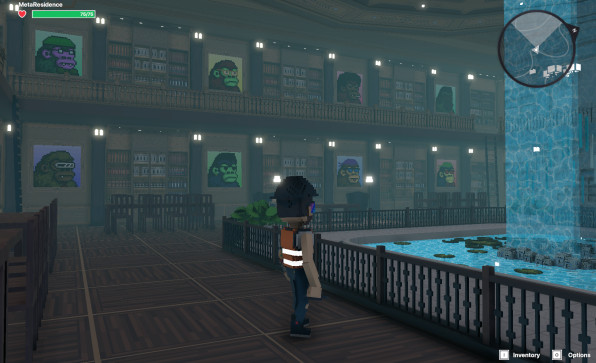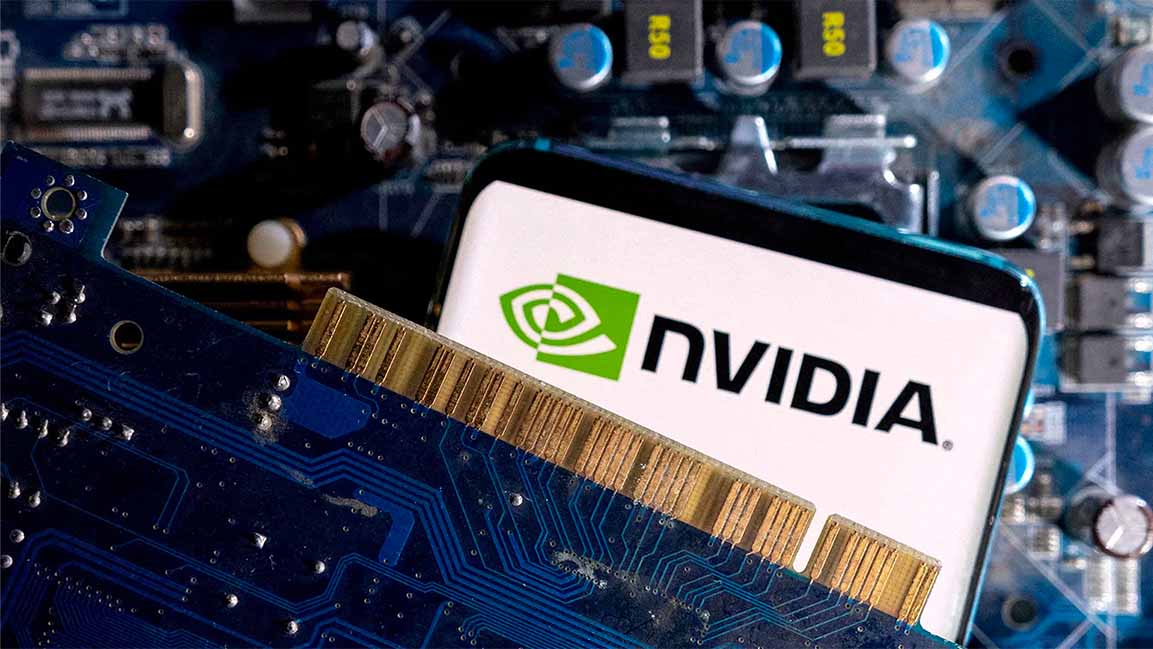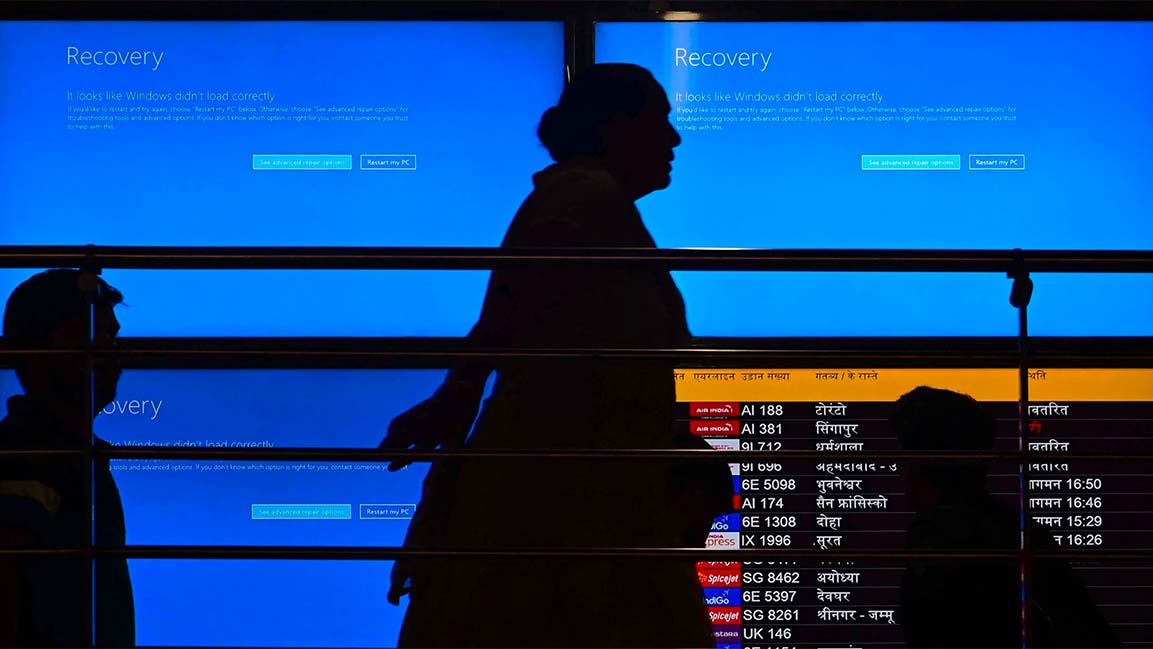- | 11:00 am
Who’s still buying real estate in the metaverse?
The metaverse housing market isn’t mirroring the one in the real world, but it has a few problems of its own.

Higher mortgage rates have quashed the housing boom of the past few years—and on Tuesday, the National Association of Realtors said that in February, home prices were lower in a year-over-year comparison for the first time in almost 11 years.
That’s the real world. Over in the metaverse, though, real estate is undergoing a different sort of struggle, as it’s tied so closely to the price of Ethereum. Average sales prices for parcels of virtual land have dropped from more than $11,000 to less than $2,000, according to WeMeta. But not all the news is bad.
The market for virtual homes is currently valued at $1.4 billion, according to a separate report from Parcel, a marketplace for Web3 gaming. To put that in perspective, in 2021, virtual real estate sales measured at just $500 million, meaning last year saw 180% year-over-year growth.
More than 62,000 unique digital wallets hold land, with some of those likely holding multiple properties.
There is, of course, some crossover between the virtual and real worlds. One Sotheby’s International Realty and Voxel Architects, for instance, have announced what they’re calling “the first open house in the metaverse” for a digital home dubbed Meta Residence One in the Sandbox metaverse. Buyers will also get a real-world version of the home in Pinecrest, Florida, an upscale neighborhood located about a half hour south of Miami where everyone from Jeff Bezos to Timbaland and Dwayne Wade have owned houses.

The 11,000-square-foot property sits on one acre of (physical) land, and boasts seven bedrooms, nine baths, a walk-in wine cellar, pool, infinity spa and wet bar—along with a separate guest house, with its own entrance and garage.
Bids will start at $12.9 million on April 19. Prospective buyers can tour the home virtually in the Sandbox and in person now.
Gabe Sierra is the contractor behind Meta Residence One. An avid gamer, he bought a parcel in Sandbox a while ago for just $10,000, then partnered with Voxel to build the digital version of the home.
Virtual real estate was the top performing category among NFTs last year. And while Parcel’s price index dipped notably last year (falling 63%), it’s still up 78% compared to 2020.
Like other NFTs (and, heck, actual homeowners), there are a lot of flippers when it comes to virtual houses, along with a significant number of homesteaders. The majority either hold the land for less than seven days or more than six months. And while prices have slipped, that’s tied more to the decline in the overall crypto market than it is a lack of buyer interest.

As in the real world, location matters in the great metaverse land grab. Last year, for instance, someone shelled out $450,000 real world dollars to be a virtual neighbor to Snoop Dogg on Sandbox.
A metaverse twin of real-world homes has been a good hook for agents. A 5,062-square-foot home built in 1928 hit the market in 2022 in Beverly Hills, along with a virtual clone in Decentraland. It sold early this year for $8.9 million.
The markup on digital land has been impressive in its short lifespan. The first-known parcel sold in 2017 for just $20. Four years later, a plot of metaverse real estate (measuring 106 yards by 106 yards) was going for $6,000. Aftermarket prices are considerably higher.
While secondary sales dropped in the back half of last year, notes Parcel, many smaller virtual worlds are planning to release parcels this year, which it expects will result in exponential increases in the secondary trading market.
“The outlook for the virtual land market remains bright, with increasing attention and investment being made in the metaverse,” the company wrote. “As Web3 gaming and digital fashion continue to expand and mature in 2023, virtual land will undoubtedly play a crucial role in shaping the way we interact, play, work, learn, and conduct business in virtual spaces.”
Not everyone is quite so bullish on real estate in the metaverse, however. Billionaire Mark Cuban, who has championed crypto for several years now, scoffed when asked about buying a virtual home last year.
“People are buying real estate in these places and that’s, like, the dumbest shit ever,” he told Altcoin Daily last August. “Dumbest. Dumbest. Did I say it was dumb? That’s not strong enough. . . . It’s not even as good as a URL . . . because there’s unlimited volume you can create.”








































